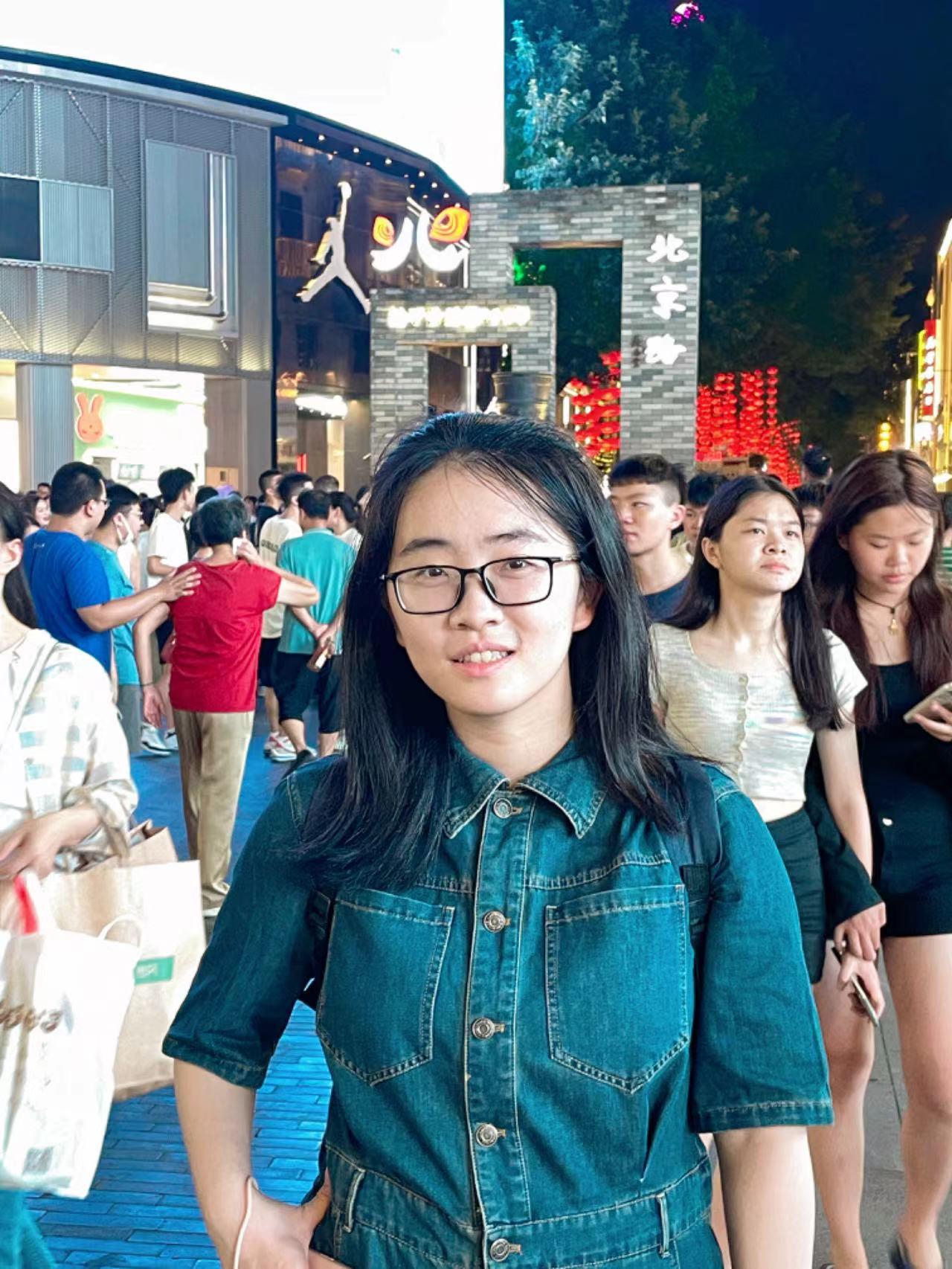
Gejia CAO
Gejia CAO, a direct Ph.D. student from the Jieping Program of 2021 at Capital Medical University, now studying with Professor Honghu Zhu. Leukemia is a refractory disease with numerous difficulties. It brought troubles or even tragedies for the patients and their loved ones. That triggered me to become interested in leukemia.
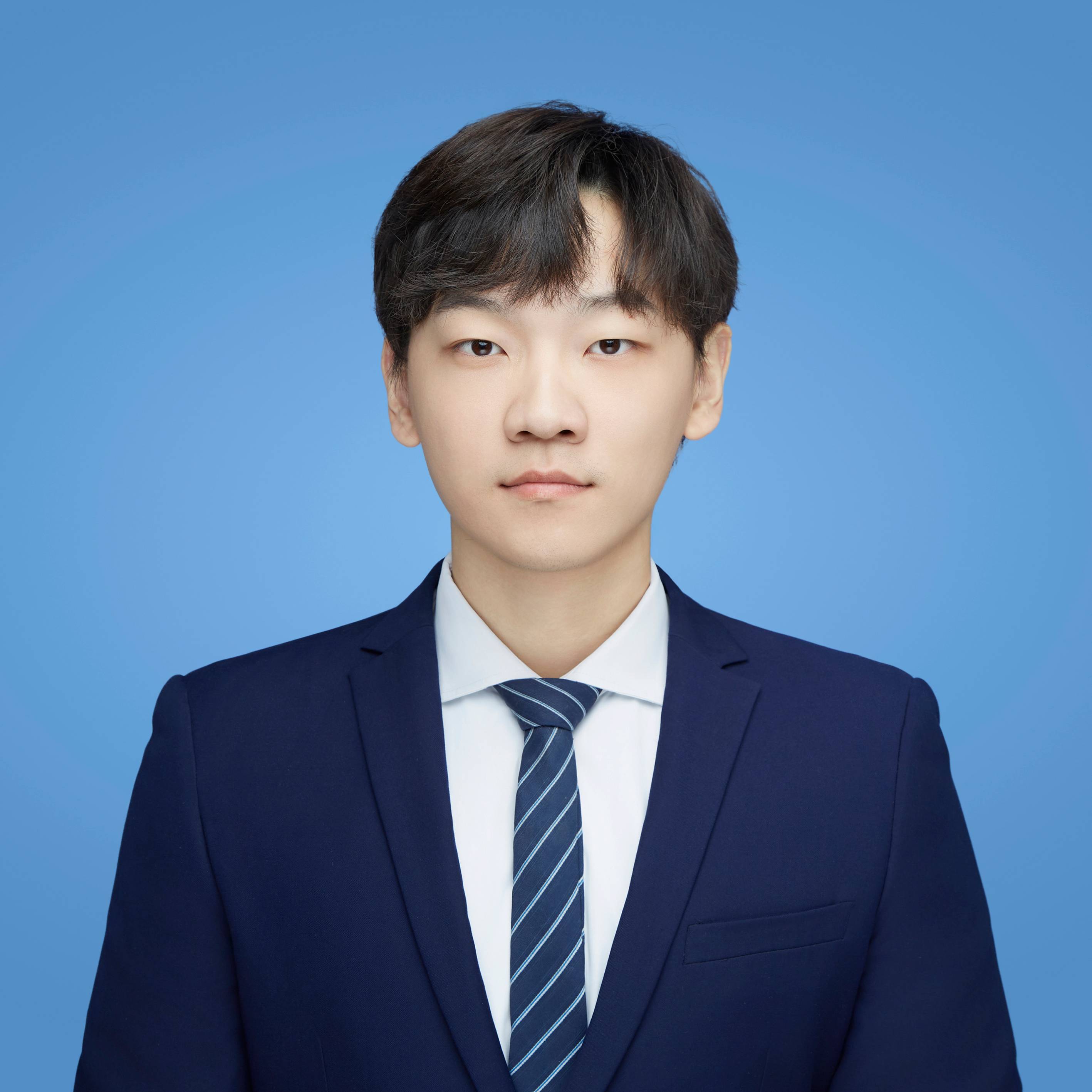
Yida CAO
Ph.D. Candidate, Class of 2024
I began my academic journey in Capital Medical University and went on to pursue a master's degree in Beijing Anzhen Hospital affiliated to Capital Medical University after graduation, focusing on clinical and basic research in vascular surgery. This experience made me deeply appreciate the complexity and challenge of the field of vascular surgery, deepened my understanding of vascular surgical diseases, and strengthened my determination to continue on this path. During my master's degree, I had the honor to participate in the application work of the National Natural Science Foundation project, and carried out scientific research cooperation with the National Science Nano Center to jointly explore the application potential of nanotechnology in vascular surgery. I choose CIMR to pursue my doctoral degree because it brings together the top scientific research resources and first-class academic teams at home and abroad, providing a broad research platform and in-depth exchange opportunities for researchers. My research interests focus on the basic research of carotid artery and abdominal aortic diseases, and I firmly believe that I can obtain more systematic and in-depth scientific research training here, closely combine my clinical knowledge with scientific research interests, and make contributions to solving major scientific problems facing the field of vascular surgery. Looking forward to the future, I hope to promote the cutting-edge progress in the field of vascular surgery, and make my own contribution to improving the diagnosis and treatment level of vascular surgery in China and even in the world. The objective I aim to achieve in the coming decade is to become a proficient physician who excels in scientific research and demonstrates expertise in clinical technology. Moreover, I aspire to establish a seamless connection between innovative scientific research and practical clinical application, ultimately benefiting patients.
Jianxing CHEN
Ph.D. Candidate, Class of 2024
I completed my master's degree at Harbin Medical University, focusing on the research mechanisms of bone loss under microgravity conditions. During my master's studies, I applied bone immunology theories in combination with bone metabolism and the pharmacological mechanisms of naringin in normal gravity environment to investigate the interaction mechanisms of naringin on T-cell mediated osteoblast differentiation through the ERK1/2 and STAT3 pathways under simulated microgravity. My research contributes to the integration of space biology, bone tissue cytology, and immunology, providing research insights and therapeutic strategies for these interdisciplinary fields. I chose to pursue my doctoral studies at the Chinese Institutes for Medical Research (CIMR), Beijing because it is at the forefront of science and provides access to the latest research findings. CIMR encourages interdisciplinary collaboration and provides opportunities for cross-disciplinary cooperation. My research interests lie in delving deeper into the metabolic and microenvironmental mechanisms of tumorigenesis to uncover processes such as tumor cell proliferation, invasion, and metastasis. Looking ahead, I hope to become a doctor in ten years' time and continue to pursue my goals and dreams.

Zui CHEN
Ph.D. Candidate, Class of 2024
I graduated from XiangYa School of Medicine, Central South University. I graduated from South China University of Technology with a master's degree in oncology. My research interests include signaling pathways of head and neck cancer metastasis and biomarkers of thoracic cancer. The direction of my interest is tumor-associated immune checkpoints. Moving forward, I aspire to remain true to my original intention and become a proficient doctor dedicated to serving the community.
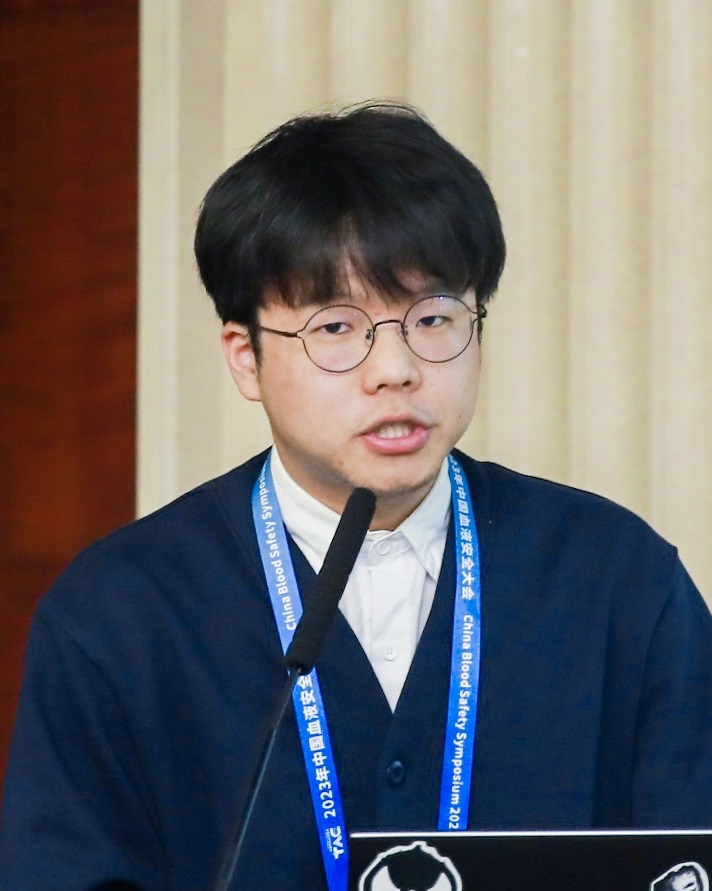
Zhanrui CHENG
Ph.D. Candidate, Class of 2024
I graduated with a bachelor's degree from the Jiangxi Medical College of Nanchang University and completed my master's studies at Peking Union Medical College. My research focuses primarily on the relationship between RBCs and tumor immunity. The multidisciplinary collaborative environment at the CIMR provides an excellent learning platform, allowing me to engage in discussions and collaborations with experts and peers from diverse backgrounds. In such a passionate and creative environment, it is easier to inspire one’s own academic potential. I am particularly interested in the field of tumor immunotherapy research, especially in how to comprehensively understand the complex relationship between the immune system and tumors, reveal the mechanisms of tumor immune evasion, and develop new therapeutic strategies. By activating or enhancing the patient's own immune function, we aim to completely eliminate or control tumor growth, providing new treatment options for cancer patients. Looking ahead to the future, I hope that in ten years, I can remain true to my original aspiration and continue to forge ahead.

Peng CUI
Ph.D. Candidate, Class of 2024
I earned my master's degree from Capital Medical University, where my research focused on exploring biomarkers to predict the efficacy of immune checkpoint inhibitors therapy for colorectal cancer. CIMR, a newly established research and development institution, provides a state-of-the-art scientific platform that, combined with the excellent affiliated hospitals of Capital Medical University, allows me to better integrate experimental medicine with clinical practice and facilitate the translation of research outcomes into clinical applications. My research interests lie in investigating the tumor immune microenvironment and immunotherapy, intending to enhance the application and efficacy of immunotherapy in cancer treatment and thereby improve the prognosis of cancer patients. I hope that in 10 years, I will still be deeply engaged in this field and have become a new type of clinical doctor who seamlessly combines experimental medicine with clinical practice.
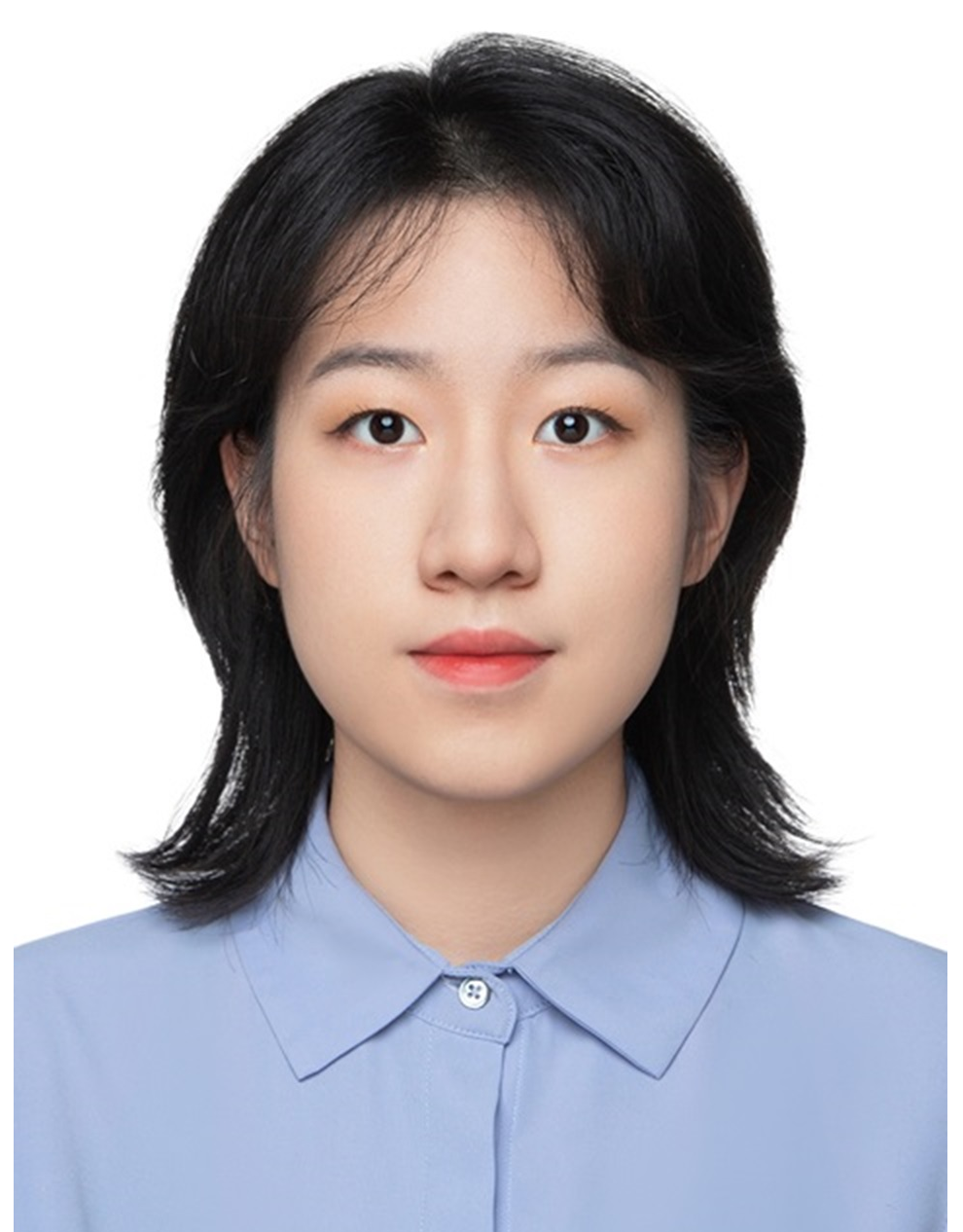
Yawen DENG
Ph.D. Candidate, Class of 2024
I graduated from Capital Medical University with a major in Clinical Medicine as my undergraduate degree. CIMR is an open and inclusive place, a platform for scientists from different fields to communicate with each other, which is conducive to academic research. Currently, I am focusing on islet functional imaging, hoping to explore the relationship between islet microstructure and macrofunction through intuitive imaging, and expecting to make achievements in the field of imaging in the future.
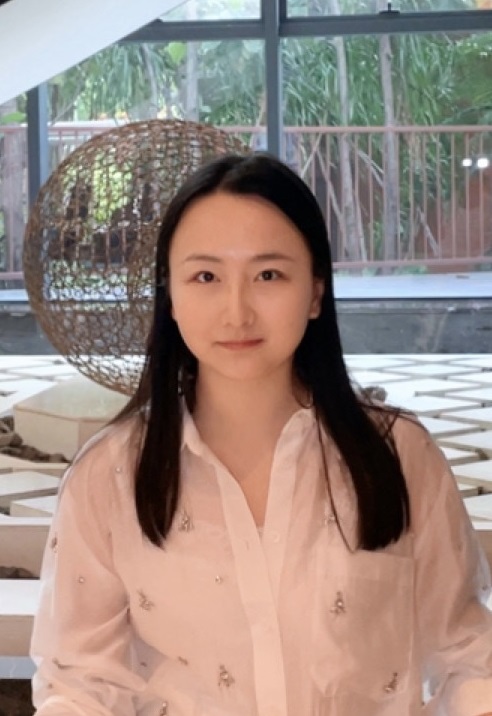
Lan DING
Ph.D. Candidate, Class of 2024
I earned both my bachelor's and master's degrees from Zhengzhou University, where I focused on the basic and clinical research of cerebrovascular diseases. During my master's studies, I explored the mechanisms of cerebrovascular diseases and their treatment strategies, gaining extensive experience in both experimental and clinical research. Through rigorous scientific training, I became proficient in various experimental techniques and developed a deeper understanding of the prevention and treatment of cerebrovascular diseases. In the future, I hope to further explore unresolved questions in the field of cerebrovascular disease, particularly aiming for breakthroughs in neuroimmunology. I chose to continue my studies to better integrate basic research with clinical applications, with the goal of finding effective treatment solutions that can benefit more patients. In ten years, I aspire to make significant achievements in the basic and clinical research of cerebrovascular diseases, becoming a leading expert in the field and contributing to scientific progress and patient health.

Wendan DONG
Ph.D. Candidate, Class of 2024
I graduated from Huazhong Agricultural University with a bachelor's degree and Shanghai Normal University with a master's degree. I have participated in the research and development of CART cells. I feel very honored to be a member of CIMR, which has an excellent academic reputation, strong research strength, excellent faculty, rich academic resources, and broad employment prospects and development opportunities. At the same time, it is also in line with my personal interests and career plans, and helps me to realize my personal values.
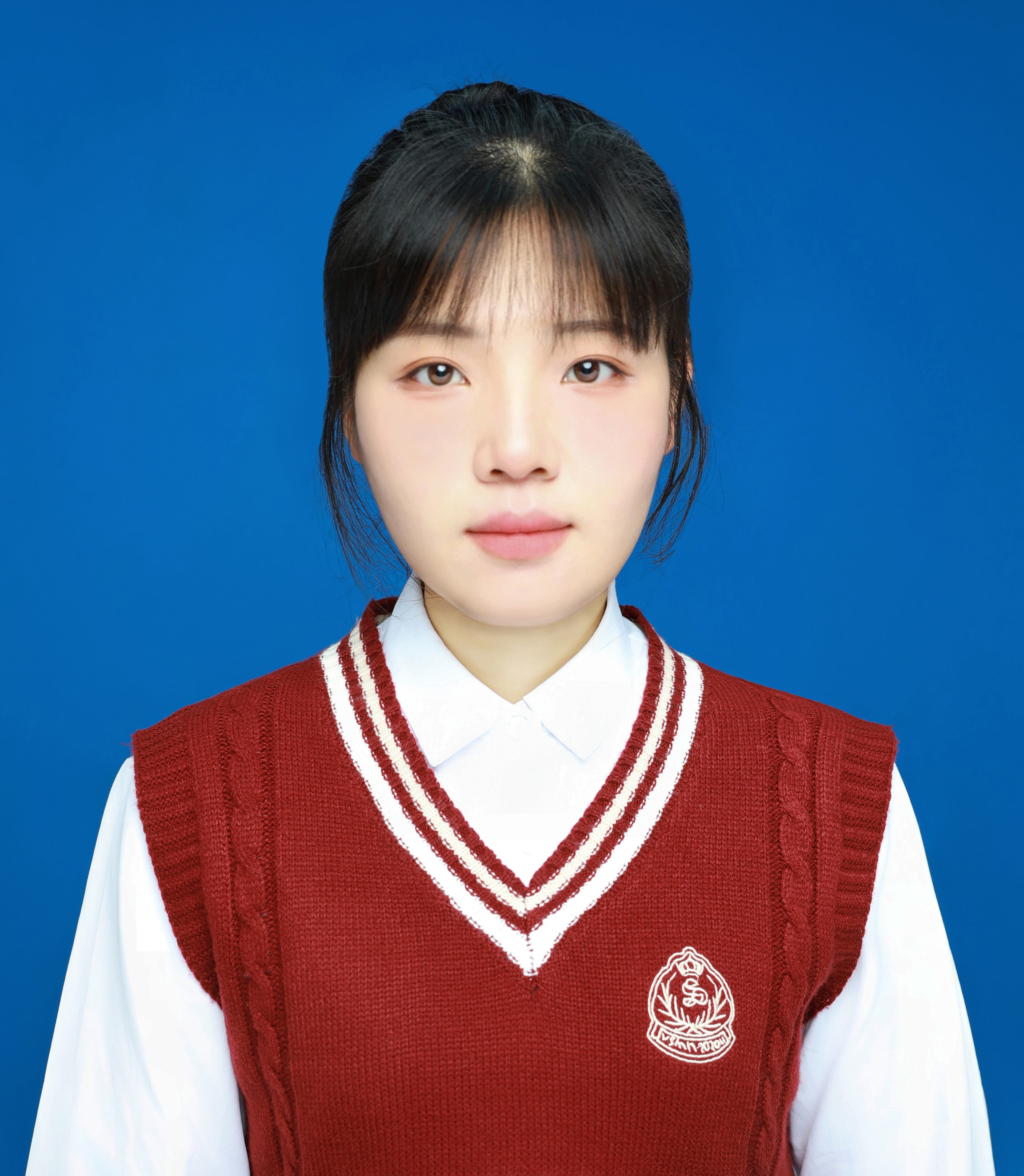
Yanyan FAN
Ph.D. Candidate, Class of 2024
I graduated from Capital Medical University with a master's degree in physiology. My research direction during my master's degree was to explore the pathogenesis of gastric motility disorders associated with Helicobacter pylori. CIMR is an excellent scientific research platform, and its strong faculty and excellent facilities deeply attract me. Here, I can access the latest research results and hope to contribute to the development of scientific research in the future.












 中文
中文





 010-86738999
010-86738999
 cimr@cimrbj.ac.cn
cimr@cimrbj.ac.cn
